Oral exams: Rehearse with other students, wear comfortable clothes and be prepared to change your mind
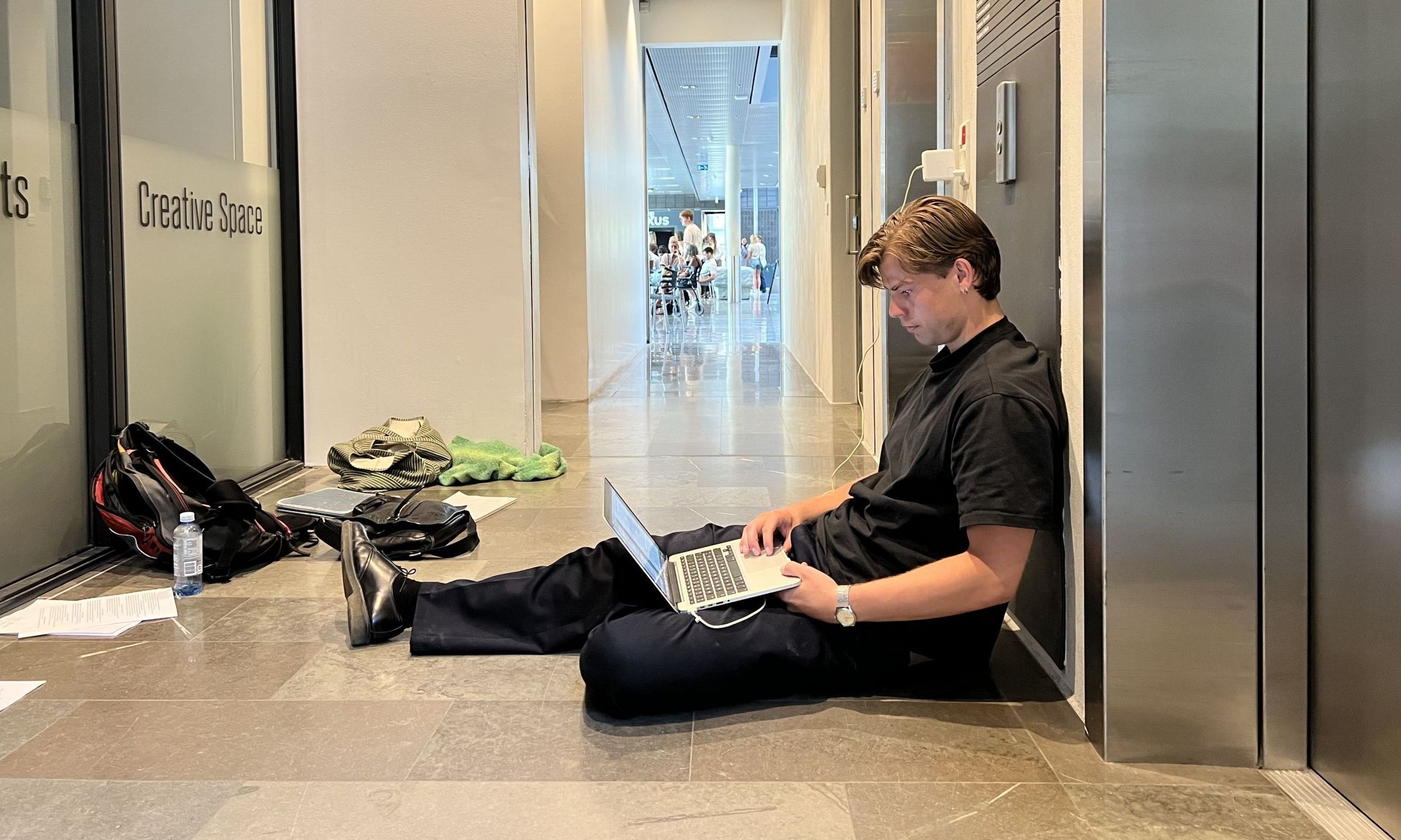
Johannes Lind, HA (fil) - BSc in Business Administration (philosophy) is prepping before his exam. Photo: Birgitte Ramsø Thomsen
How do examiners view oral exams? What is their best advice? CBS WIRE has spoken to three examiners about exam anxiety, whether they can spot students faking knowledge, and how to assess individual performance during group exams.
Students getting ready for oral exams probably don’t have a lot of thoughts to spare about how exams look from the other side of the table, from the point of view of the examiner. But it might be valuable – or at least reassuring to know that your teacher – and examiner – is also excited about the exam.
“I would not say that I am as nervous as the students, but I am definitely very excited. For me as an examiner, the exams are a chance to know whether my students have understood what I have been teaching them. In that regard, it is sort of like taking an exam myself,” says Mads Bødker, Associate Professor at the Department of Digitalization.

Mads Bødker. Photo: Niels Utoft Andersen
He is one of three lecturers CBS WIRE has spoken to about how examiners view the oral exam situation.
“We have also been nervous before exams”
All three examiners stress that they are familiar with being nervous before important exams and that they try to help their students as best they can.
“If a student is nervous, it never subtracts from their grade – unless they are so nervous that it prevents them from showing what they know. In that case, I try to calm the student down,” says Maribel Blasco, Associate Professor at Department of Management, Society and Communication.
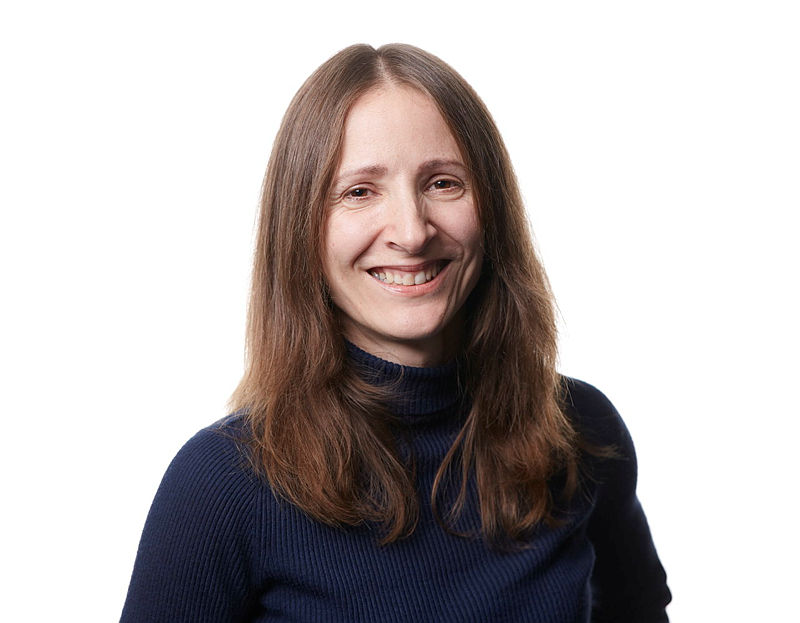
Maribel Blasco. Photo: Bjarke MacCarthy
However, she emphasises that students do need to master presentation skills, since they are likely to make many presentations during their career.
“I do understand performance anxiety though; I feel it myself when teaching in front of large audiences of students in lecture halls. But I cannot use that as an excuse for the lecture not to be spot on,” she says.
Szilvia Mørup, Associate Professor at the Department of Marketing, believes that nervousness in small doses can be a good thing before an exam, but that it should never hinder the students.
“Exams should be a positive experience. If I can tell a student is nervous, I ask them to do whatever works for them: drink a glass of water, take deep breaths, stand up and walk around during the exam. I am very flexible in that regard. Usually, I find that the second examiner also tries to help: we have also been nervous about taking exams,” she says.
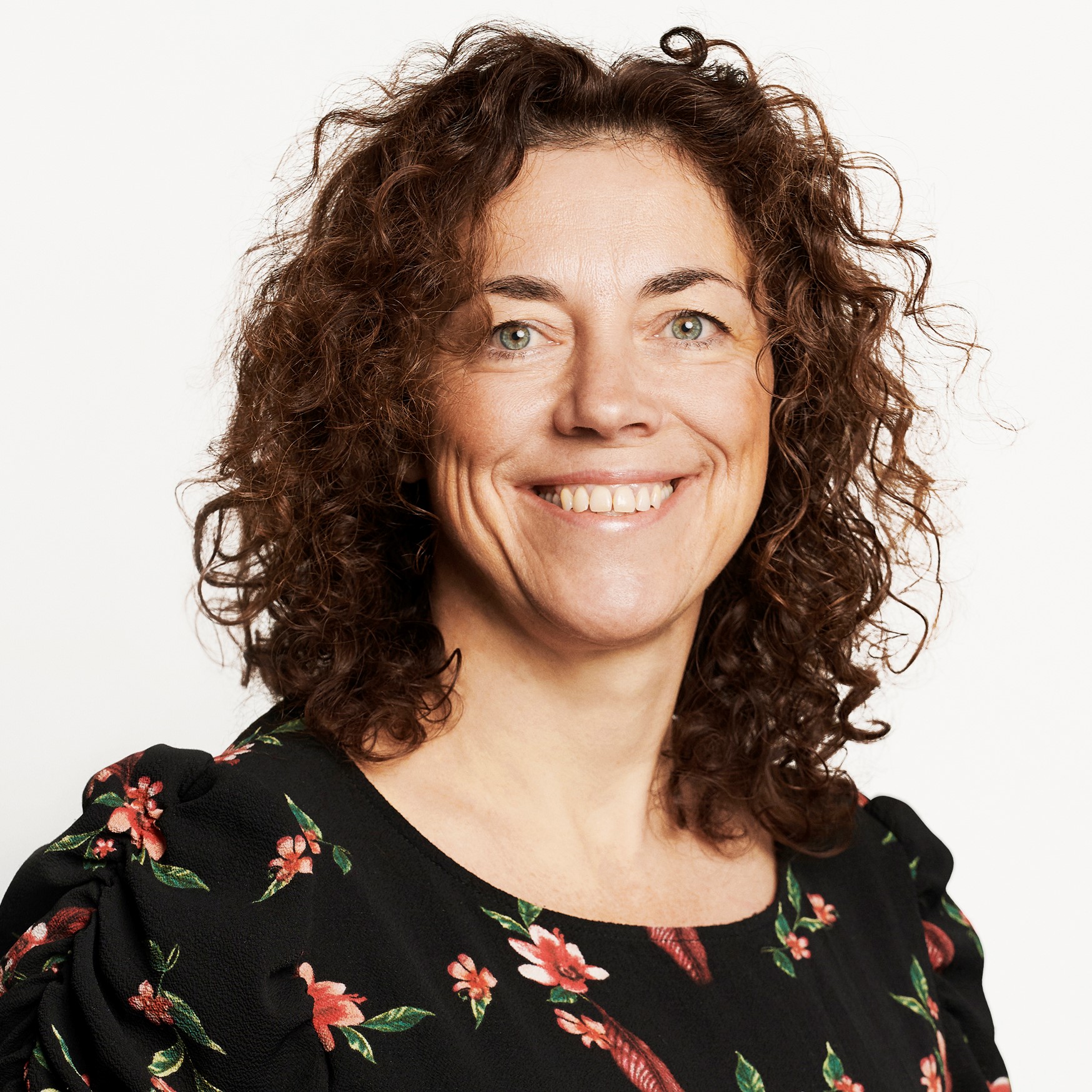
Szilvia Mørup. Photo: Kristian Holm
Mads Bødker also tries to calm his students down if they are very nervous. He has even had students who were so nervous that they started crying during the exam.
“I don’t think that simply telling them to relax will help, but I try to talk to them about it being okay that they are nervous,” he says.
Fake it till you make it doesn’t work
If you are asked a question that you don’t know the answer to, you might want to try and talk your way out of it – fake it till you make it, so to speak. But can examiners detect that? Usually yes, according to the three examiners
“Experienced examiners won’t be blinded by ‘fancy talk’ but will be able to discern it from substantial knowledge. If I feel that a student is trying to fake knowing more than they do, I ask questions that are trickier to evade, for example, I ask them to define a concept,” says Maribel Blasco.
Both Szilvia Mørup and Mads Bødker try to assess students’ knowledge by asking questions. For Szilvia Mørup, a clear sign of a student trying to compensate for a lack of knowledge is that they talk too fast, too much or about matters that are irrelevant.
“If you want to be convincing, it is better to take a moment to reflect on the question. If you are not certain what I asked you, then ask me to rephrase it,” she says.
Mads Bødker says that it can be tricky to determine how much a student knows if they are very eloquent.
“Some students express themselves very well and, in that case, it can be tricky to determine how much they actually know, but I feel that in the end I always have a good idea,” he says.
How examiners determine who knows what in a group exam
Sharing the spotlight with three or four others at an exam can both be a help, but also add to your jitters, because how will the examiner be able to determine your level of knowledge? Mads Bødker says his favourite form of oral exams are group exams because the length means that students can show a greater level of knowledge instead of simply “rattling off” facts from the curriculum.
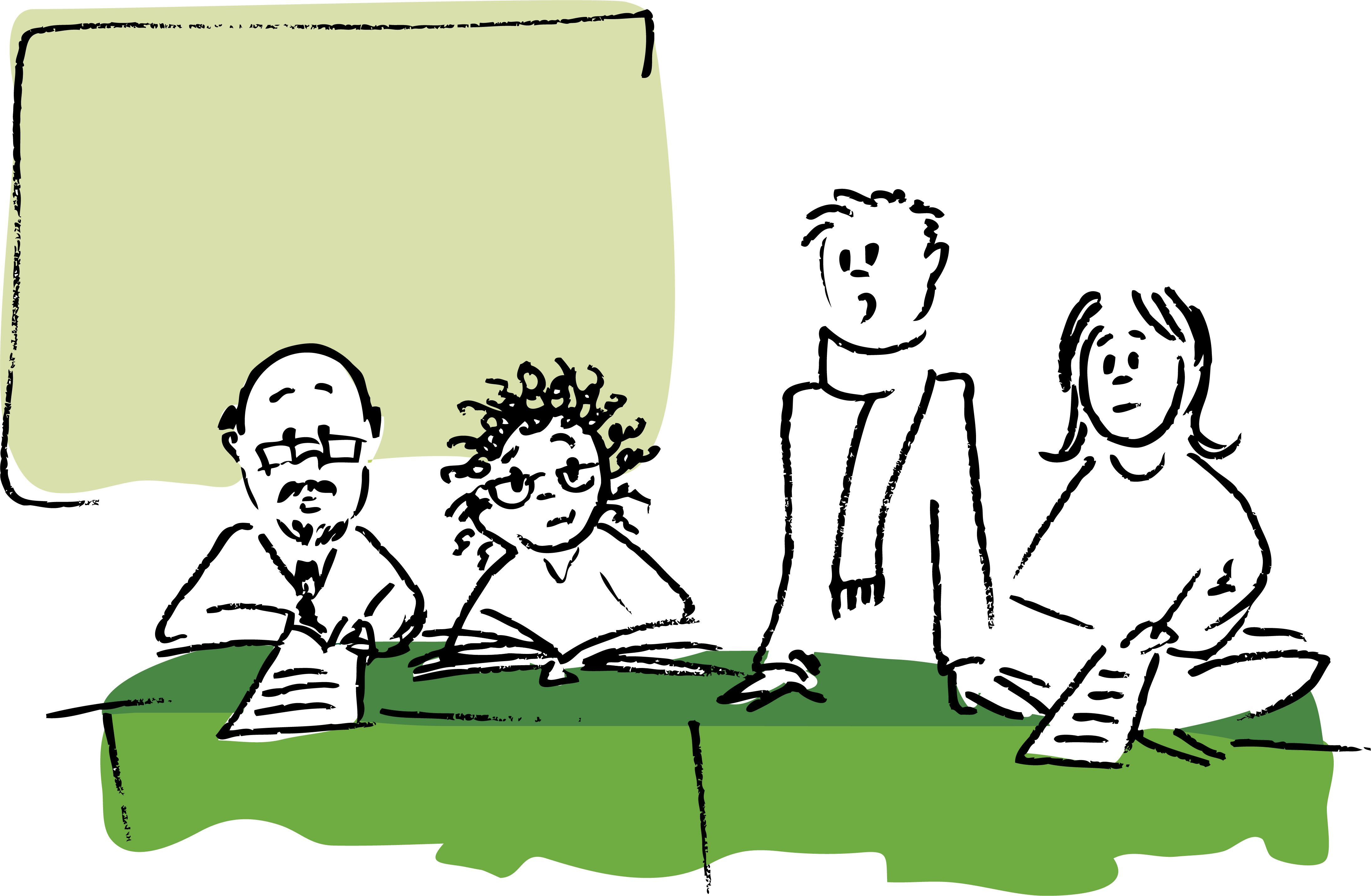
Photo: Shutterstock
“In group exams, we have more time to discuss topics in depth. The students can develop their arguments and relate them to the presentations by their group members,” says Mads Bødker.
All three examiners ask questions of specific group members if one member is more silent than the others, or if one member answers on behalf of the others. However, this does not happen frequently, Szilvia Mørup finds.
“The students are usually great at giving each other space. But if they are not, I intervene, since it’s important to me that I give the second examiner the opportunity to judge the individual performance of each student,” says Szilvia Mørup.
Maribel Blasco thinks it is important for the students to remember before a group exam that they are not judged on the process but on what they present.
“Exams are about performance, not process. As an examiner, I don’t have the information to evaluate the process, but only the performance.”
The examiners’ best advice
Given their extensive experience with exams both as students themselves and as examiners, what is their best advice?
A lot of Szilvia Mørup’s best advice is very down to earth:
“Remember to sleep, don’t drink too much coffee but remember to drink water. Wear comfortable clothes that allow you to breathe and not overheat. If exercise works for you, then walk or go for a run. If inactivity works, then do that. I have also heard that baking bread is good for calming your nerves” she says.
She also urges the students to read through their projects again before the exam. If it is a group project, they need to own all aspects of it and not simply the parts they have made. Mads Bødker and Maribel Blasco also emphasise going over your project again – and changing your mind if necessary.
“I think one of the best things about the Danish examination system is that the grade is not fixed before you defend a project. If you are able to reflect on your project and show that you have found the pitfalls in it, you can receive a higher grade,” she says.
She encourages students to try to pre-empt what the examiner and second examiner will put their finger on in the project. If the students can show that they know exactly what the problems are, they are ahead of the game. Mads Bødker seconds this but knows it can be tricky with a subject that you have just learned.
“The first time you take an oral exam at university, don’t expect it to be fantastic; it is something that you need to learn along with everything else,” he says.
Besides this, he encourages the students to prepare together and rehearse their presentations in front of each other.
“If you rehearse your presentation in front of others, you will get their input but also, I think, be less nervous at the exam,” he says.
However, in his experience, students are reluctant to prepare for exams with each other.
“Perhaps they are shy, perhaps they are afraid to share knowledge. I don’t know, but I definitely think it would help them,” he recommends.





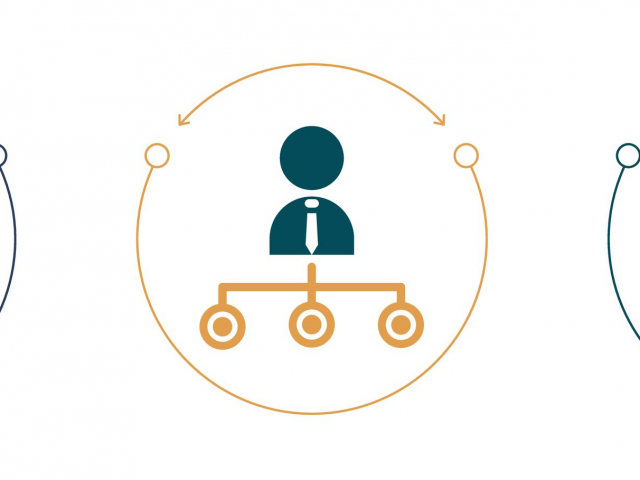





























































































































Comments